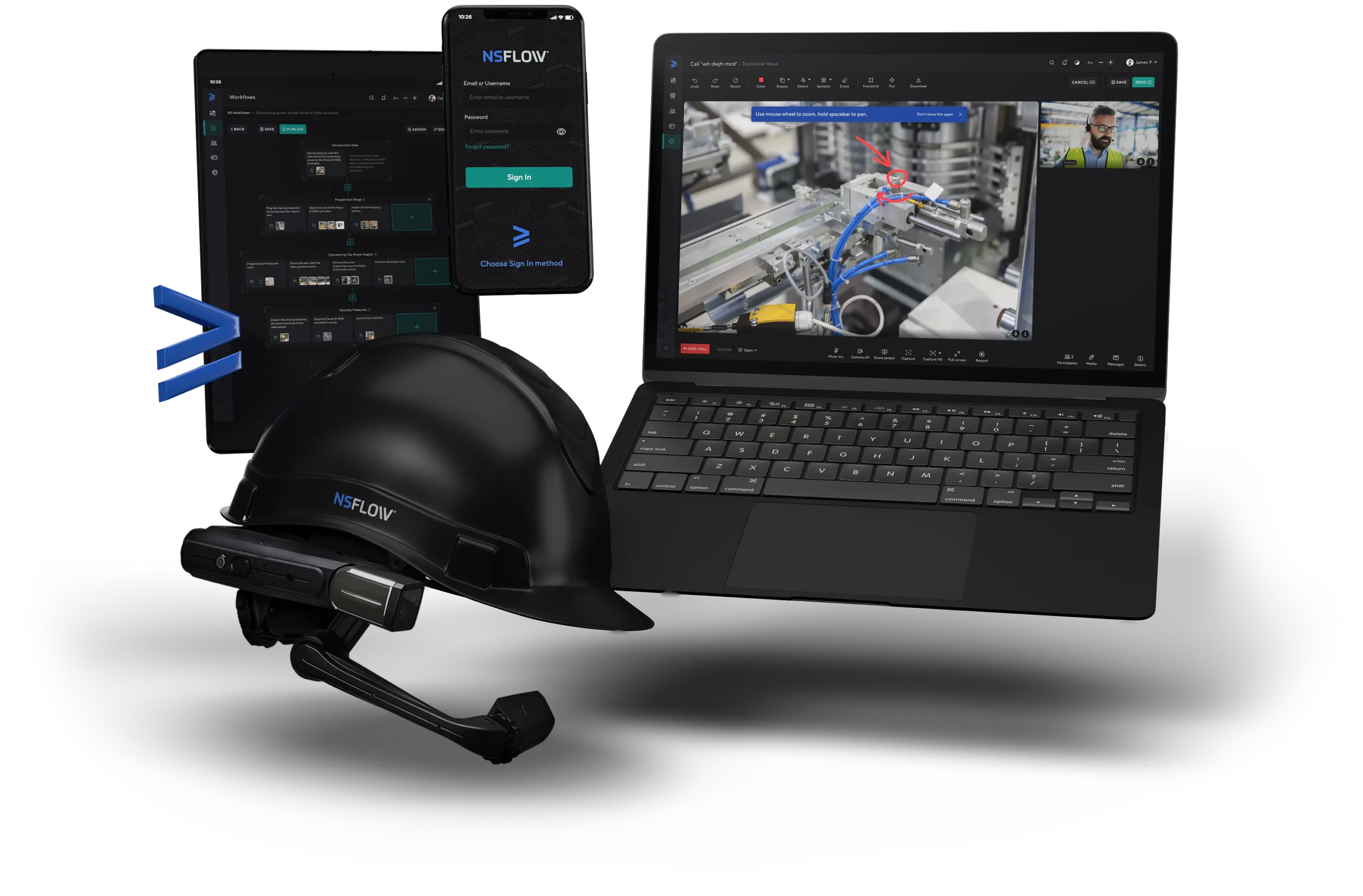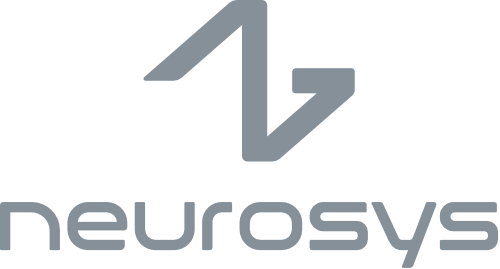The importance of knowledge transfer
The process of sharing knowledge, skills, and expertise from one individual or group to another is essential not only during years of youth but also in the corporate world. Knowledge management is vital to ensure that employees have the necessary skills and expertise to perform their jobs effectively. It is also important for companies to remain competitive by keeping up with the latest industry trends, technological advancements, and best practices.
Effective knowledge transfer is one of the steps towards improved productivity, increased innovation, and better decision-making. By sharing knowledge and expertise across teams, departments, and geographic locations, companies can achieve greater efficiency, reduce errors, and improve collaboration. Knowledge transfer also helps to build a culture of learning and development within an organization, which can lead to higher employee engagement, job satisfaction, and retention. Taking into account all of the above, it is crucial for companies to adopt effective knowledge transfer strategies and solutions to remain competitive and successful in today’s dynamic business landscape.
Corporate travel costs
As already mentioned, sharing knowledge company-wide may require trainers and instructors to move not just from department to department but also from one branch to another. These facilities may be scattered nationwide or, as in the case of transnational corporations, throughout the world, making up for an obstacle in even expertise distribution and calling for long-distance travel along with all associated costs.
One of the main challenges in facilitating knowledge transfer in the corporate world is the high cost associated with corporate travel. Traditional methods of knowledge transfer often require in-person training, workshops, and conferences, which can involve significant travel expenses, accommodation, and venue rental costs. These costs can quickly add up, particularly for large organizations or those with geographically dispersed teams.
Corporate travel costs not only strain a company’s budget but also have a negative impact on the environment due to increased carbon emissions. Additionally, the COVID-19 pandemic has disrupted traditional methods of knowledge transfer, making it more difficult and risky to conduct in-person events. In consequence, companies turned to alternative solutions to facilitate knowledge transfer while reducing the need for travel and therefore, reducing travel costs.
Digital solutions offer a more cost-effective and accessible way to facilitate knowledge transfer, particularly in a world where remote work and virtual collaboration are becoming more prevalent. Utilizing digital technology, companies can reach a wider audience and provide more flexible and personalized learning experiences to employees.
Challenges of traditional knowledge transfer methods
Traditional methods such as in-person training, workshops, and stationary conferences have long been used to facilitate knowledge transfer in the corporate world. These methods not only come with several limitations that can hinder the effectiveness and efficiency of knowledge transfer, but aren’t cost-effective in the long run.
Companies must cover the costs of transportation, including flights, rental cars, and taxis, for employees who need to travel to the event. Accommodation costs can also add up, skyrocketing in case of events that span several days or for attendees who need to stay in expensive hotels. Venue rental costs can be substantial, especially for large events held in popular locations. These costs may seem harmless to the budget but are in fact, significant, especially in times when companies focus on cutting unnecessary expenses. Average travel expenses for a small business can exceed $1000 per trip – the 2019 Runzheimer report revealed average US business trip costs over $1200 and prices tend to go up.
Another limitation of traditional methods is their lack of flexibility and scalability. In-person training and workshops typically require participants to be present at a specific time and place, which can be difficult for employees with busy schedules or those who work remotely. Additionally, these methods are limited in terms of the number of participants they can accommodate and the scope of the topics covered. As a result, traditional methods can be inefficient and may not reach all employees who need to acquire specific skills and knowledge.
These limitations make traditional methods of knowledge transfer less effective and less accessible than digital solutions. On top of that, managing knowledge without proper technology often equals challenges with updating the knowledge and distributing training content company-wide. While this is not directly related to the business travel spend, in many organizations the distribution of new manuals and instructions involves someone’s physical presence in a branch, delivering paper-based materials – an unnecessary step that can be easily omitted by employing digital learning tools.
The spendings associated with traditional methods of knowledge transfer can strain a company’s budget and reduce the resources available for other vital operations. How to save money on travel? Skip the journey and learn from your workstation, couch, or wherever you find suitable.

presentation to try
Nsflow in action
Digital technologies beneficial to corporate knowledge management
Online training courses can be completed at any time, allowing employees to learn at their own pace and convenience. This flexibility makes it easier for employees with busy schedules or those who work remotely to acquire new skills and knowledge. Webinars and virtual conferences are also cost-effective and accessible solutions for knowledge transfer, as they eliminate the need for travel and venue rental costs while still providing opportunities for interaction and engagement among attendees.
E-learning platforms are another popular digital solution for knowledge transfer, providing a range of interactive and engaging learning experiences. These platforms can include video tutorials, interactive quizzes, and gamification mechanisms, making the learning process more enjoyable and effective. E-learning platforms are also scalable, allowing organizations to share manuals and tutorials across teams and departments, making it easier to facilitate knowledge transfer for larger, dispersed organizations.
Knowledge management tools serve a significant role in large organizations. Employees can be granted unrestricted access to learning resources and acquire knowledge on their own. Tools like Nsflow enable independent execution of tutorials with online monitoring executed by instructors who can be located anywhere in the world. The platform aggregates data for future analysis and reporting on training execution, enabling supervisors to assess the progress from afar.
Augmented reality has the potential to revolutionize the way knowledge is transferred within organizations. Reducing the need for expert travel is one of the benefits. By using AR, enterprises can provide their employees with a more engaging and memorable learning experience, which can lead to better retention of information and improved performance on the job. Simultaneously, AR enables on-site workers to reach out to remote experts and consult occurring events in real-time. The use of augmented reality and other solutions carries a potential for corporate travel savings by reducing the need for in-person expert presence.
Digital solutions are constantly evolving, with new technologies emerging that offer even more effective and engaging learning experiences. As such, companies that adopt digital solutions for knowledge transfer can remain at the forefront of the latest trends and best practices in their industry, ensuring competitive advantages and responsible cost management.
The takeaway
How can employees save company money? While deciding on e.g. how to save money on hotels is not a regular employee’s duty, technology is an ally to managers and boards. In this approach, the key to reduce business travel spend is to employ technology enabling remote access to knowledge whenever possible.
With the rise of remote work and global teams, traditional methods of in-person training, workshops, and conferences are becoming increasingly impractical and costly. By leveraging digital solutions such as online training, webinars, virtual conferences, and e-learning platforms, companies can provide accessible, scalable, and flexible learning experiences to their employees, regardless of their location or time zone.
Digital tools can provide employees with the latest information and best practices, empowering them to drive innovation and growth in their respective roles. As such, companies that fail to adopt innovative technologies for knowledge transfer may risk falling behind their competitors, missing out on new opportunities, and ultimately, losing their competitive edge. Enterprises that avoid implementing digital knowledge management tools are highly likely to lose money on unnecessary expenses that are easy to avoid with properly chosen technology.
Looking for a cost-effective and efficient knowledge management solution? Learn more about Nsflow and its potential in delivering digital instructions to workers company-wide.


























